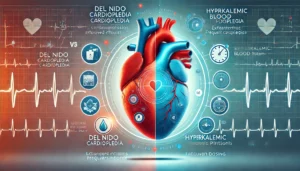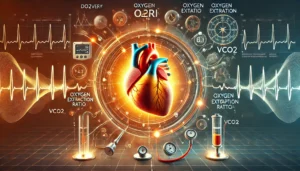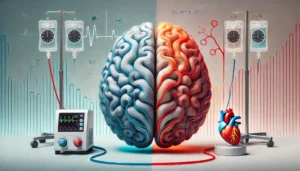
Outcomes of Del Nido and Hyperkalemic Blood Cardioplegia in Adult Cardiac Surgery with Prolonged Aortic Cross-Clamp Times
This study compares the effectiveness of Del Nido cardioplegia (DNC) and hyperkalemic blood cardioplegia (HKB) in adult cardiac surgery with prolonged aortic cross-clamp times. In a retrospective cohort of 388 patients, findings revealed no significant differences in clinical outcomes or myocardial protection, as assessed by troponin profiles. However, DNC required fewer doses, had longer ischemic intervals, and was associated with higher rates of spontaneous rhythm recovery, suggesting logistical and procedural benefits.



